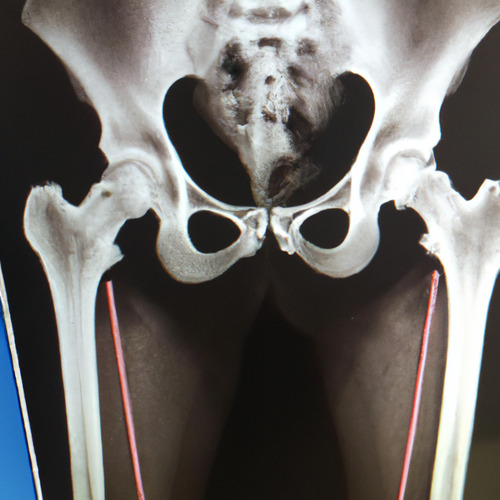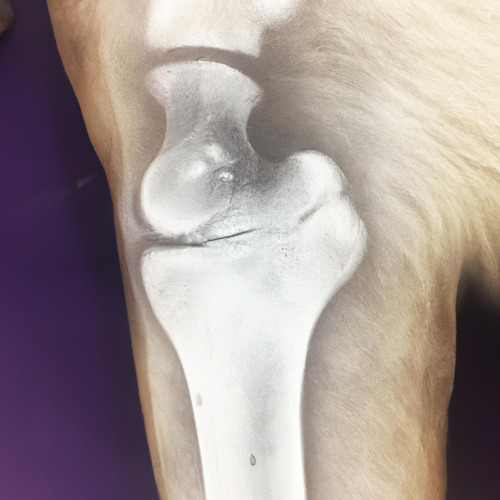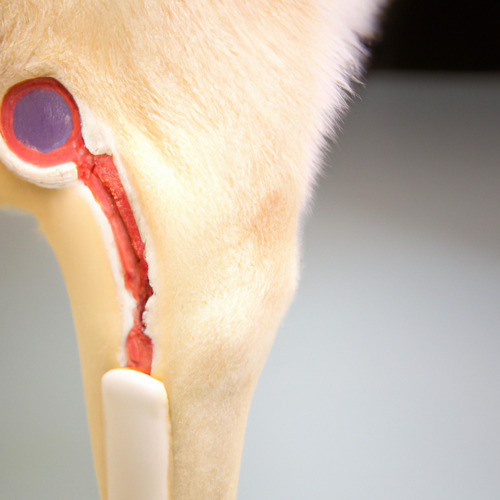Hip Dysplasia in Dogs: Symptoms, Treatment, and Prevention
health
It's no secret that dogs hold a special place in our hearts. When they're not feeling their best, it can be a real concern. That's why it's important to be informed about common health problems that our canine companions may face. One of those problems is Hip Dysplasia.
Hip Dysplasia is a genetic condition that affects the hip joint of dogs and is one of the most common joint disorders seen in dogs. The hip joint is a ball and socket joint, and in dogs with hip dysplasia, the ball and socket do not fit together correctly. This results in the joint being loose and unstable, causing discomfort and pain to the dog.
Early Signs of Hip Dysplasia
Early signs of Hip Dysplasia can be difficult to detect, but may include decreased activity, stiffness, and pain in the hip joint. In more severe cases, dogs may display signs of lameness or an abnormal gait. If you notice your dog exhibiting any of these symptoms, it's important to take them to a veterinarian for an evaluation.
Symptoms of Hip Dysplasia
As Hip Dysplasia progresses, dogs may display more obvious symptoms such as difficulty rising, jumping, or going up and down stairs. They may also favor one hind leg or have a decreased range of motion in the hip. In severe cases, muscle wasting in the affected hind leg may also occur.
Treatment for Hip Dysplasia
Treatment for Hip Dysplasia depends on the severity of the condition and the age and overall health of the dog. In mild cases, treatment may involve weight management, exercise, and medications such as pain relievers and anti-inflammatory drugs. In severe cases, surgery may be necessary to realign the hip joint and provide relief from the symptoms of Hip Dysplasia.
Prevention of Hip Dysplasia
To prevent Hip Dysplasia, it's important to choose a dog breed that is known to have a low incidence of the condition. Additionally, keeping your dog at a healthy weight and providing regular exercise can help to maintain joint health. It's also important to avoid excessive running or jumping on hard surfaces and to provide a supportive and cushioned sleeping surface.
Prognosis for Dogs with Hip Dysplasia
The prognosis for dogs with Hip Dysplasia depends on the severity of the condition and the age of the dog. In mild cases, dogs can lead a happy and active life with proper management and treatment. In severe cases, dogs may experience decreased mobility and a decreased quality of life, but with proper care, they can still live a comfortable life.




